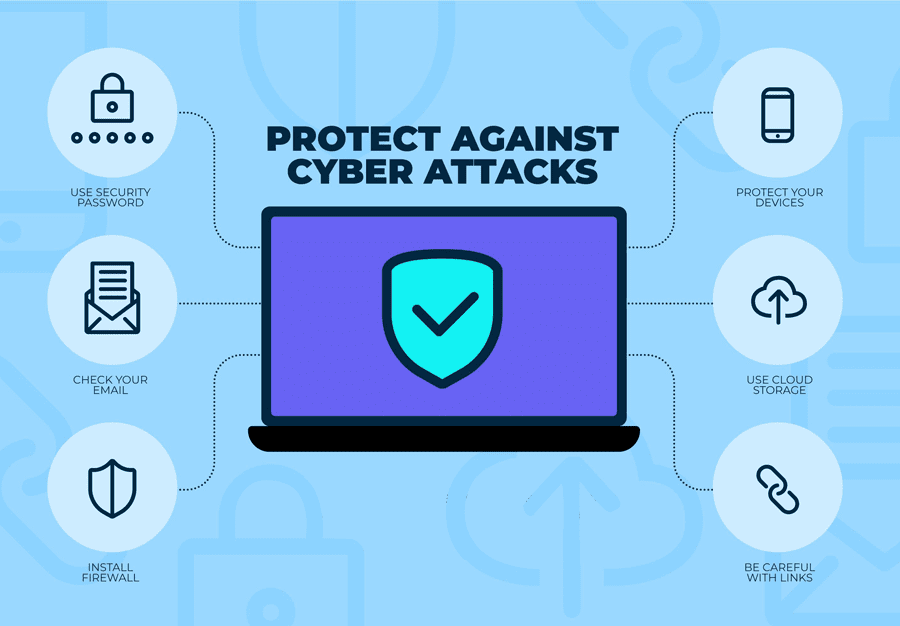
How to Stay Safe and Prevent Cyber Attacks Online
In today’s digital age, staying safe online is more important than ever. With cyber attacks on the rise, it’s crucial to take steps to protect your sensitive information and personal data. In this blog post, we’ll explore some simple yet effective ways to safeguard yourself against cyber threats and prevent falling victim to online attacks.
Understanding Cyber Attacks
Cyber attacks come in various forms, ranging from phishing scams to malware infections. Hackers use these tactics to steal your personal information, such as passwords, credit card details, and social security numbers. By gaining access to your sensitive data, cybercriminals can wreak havoc on your finances, reputation, and overall well-being.
Key steps to prevent cyber attacks
1. Strong Passwords: One of the easiest ways to protect yourself online is by using strong, unique passwords for each of your accounts. Avoid using easily guessable passwords like “123456” or your pet’s name. Instead, create complex passwords with a mix of letters, numbers, and symbols.
2. Two-Factor Authentication: Enable two-factor authentication whenever possible. This adds an extra layer of security by requiring a second form of verification, such as a code sent to your phone, before allowing access to your account.
3. Keep Software Updated: Ensure that all your devices and software are up to date with the latest security patches. Hackers often exploit vulnerabilities in outdated software to gain access to your system.
4. Be Wary of Suspicious Emails: Phishing emails are a common tactic used by cybercriminals to trick you into revealing your personal information. Be cautious of emails from unknown senders or those requesting sensitive data.
5. Use Secure Networks: Avoid connecting to public Wi-Fi networks, as they are often unsecured and can make you vulnerable to cyber attacks. Instead, use a virtual private network (VPN) when accessing the internet on-the-go.
Protecting Your Personal Information
Your personal information is valuable to cybercriminals, so it’s essential to safeguard it at all costs. Here are some additional tips to protect your sensitive data online:
– Limit the Information You Share: Be cautious about the information you share online, especially on social media platforms. Avoid posting your full name, address, or other personal details that could be used against you.
– Monitor Your Accounts: Regularly check your bank statements, credit reports, and online accounts for any suspicious activity. Report any unauthorized transactions or changes to your account immediately.
– Use Encryption: Encrypt your sensitive data to prevent unauthorized access. Utilize tools like secure messaging apps and encrypted email services to protect your communications.
– Educate Yourself: Stay informed about the latest cyber threats and security best practices. Educate yourself on how to spot phishing attempts, malware infections, and other common tactics used by cybercriminals.
Final Thoughts
In conclusion, staying safe online requires a proactive approach and constant vigilance. By following the tips mentioned above and adopting a security-first mindset, you can significantly reduce your risk of falling victim to cyber attacks. Remember, prevention is always better than cure when it comes to protecting your sensitive information online. Stay informed, stay safe, and stay cyber secure!






